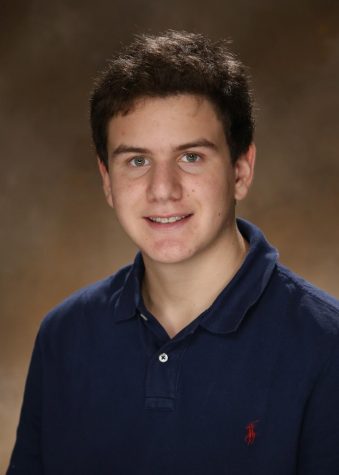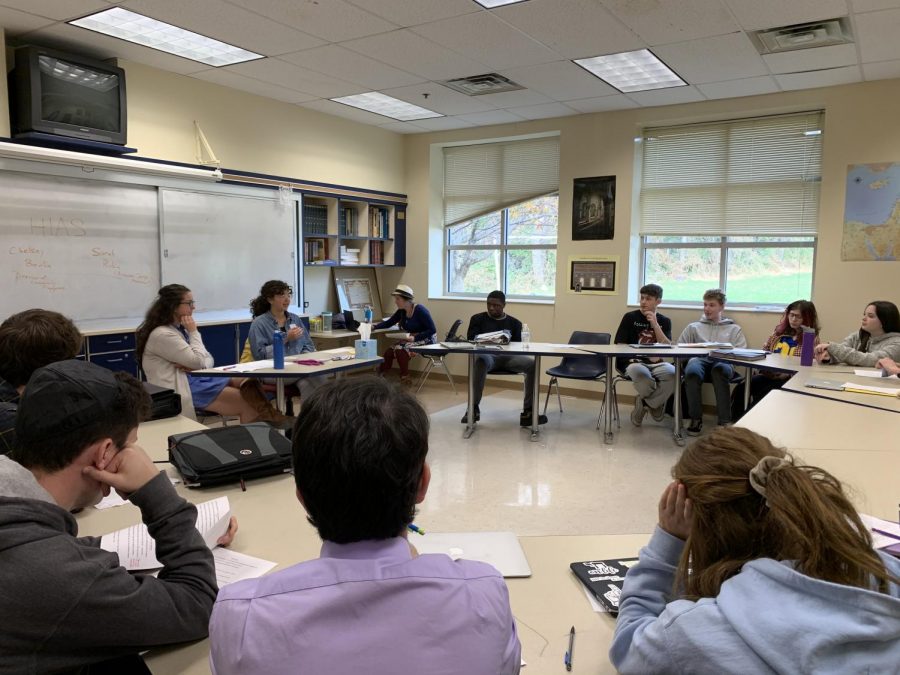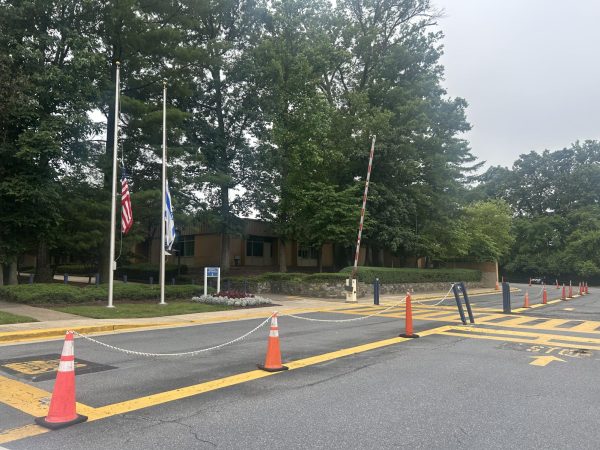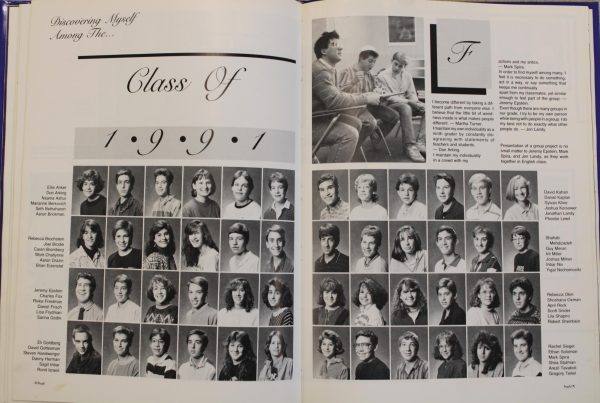Jewish History class welcomes guest speakers
photo courtesy of Brian Epstein
Jewish History teacher and department chair Aaron Bregman has invited a number of guest speakers to enhance the interactive aspect of the Contemporary American Jewish Society course.
Seven speakers deeply involved in prominent Jewish organizations have spoken to Jewish history teacher and department chair Aaron Bregman’s Contemporary American Jewish Society class over the past two months.
These speakers included the Executive Director of the Jewish Democratic Council of America, the interim CEO of Hillel International, the CEO of the Jewish Federation of Greater Washington, representatives of HIAS (founded as Hebrew Immigrant Aid Society) and the national spokesperson of the Republican Jewish Convention.
Class members also went on field trips to the Religions Action Center to hear from its executive director and the National Museum of Jewish Military History to listen to a Jewish Vietnam War veteran.
“I like to bring in speakers because … one, I would say is having the experts in the community to engage in, and two is to hear another narrative [or] perspective that they might not otherwise hear besides from me,” Bregman said.
The presentations and field trips were scheduled to align with what the class was studying at the time.
“So, we’re learning about contemporary American Jewish society, not Jewish history, Jews today,” junior Brian Epstein said. “So, all these people are from different aspects of the Jewish culture today, and they all have different jobs representing the Jews and even representing outside cultures .… It’s exactly what we need for this class.”
Bregman hopes that by providing students with expert knowledge, students will be able to formulate their own opinions on contemporary issues.
“I like to think that everyone I bring in has some meaning and some sort of direction. I think I will say that not all students will connect with all speakers, but my goal is if only two students connect with one speaker, or two students connect to a different speaker, to me I did my job in the sense that the kids are gaining different ideas and knowledge from them,” Bregman said.
While speakers often intend to aid students’ academic growth, CESJDS provides no funding to pay individual classroom speakers who require it. Instead, teachers provide compensation to speakers themselves or invite speakers who do not require payment. However, the administration recognizes the value of expert knowledge in education and funds grade and schoolwide programs.
“If Mr. Bregman feels that an outside speaker will enhance the learning for the students, it is worthwhile to bring them in. That is a decision that is left up to the teacher,” Landy said.
Epstein hopes that other teachers will recognize the educational value of learning from people who physically participate in their respective fields.
“It’s just nice hearing from people who are directly involved with Jewish issues. We talk about these issues, but these people go in and directly solve them,” Epstein said.










